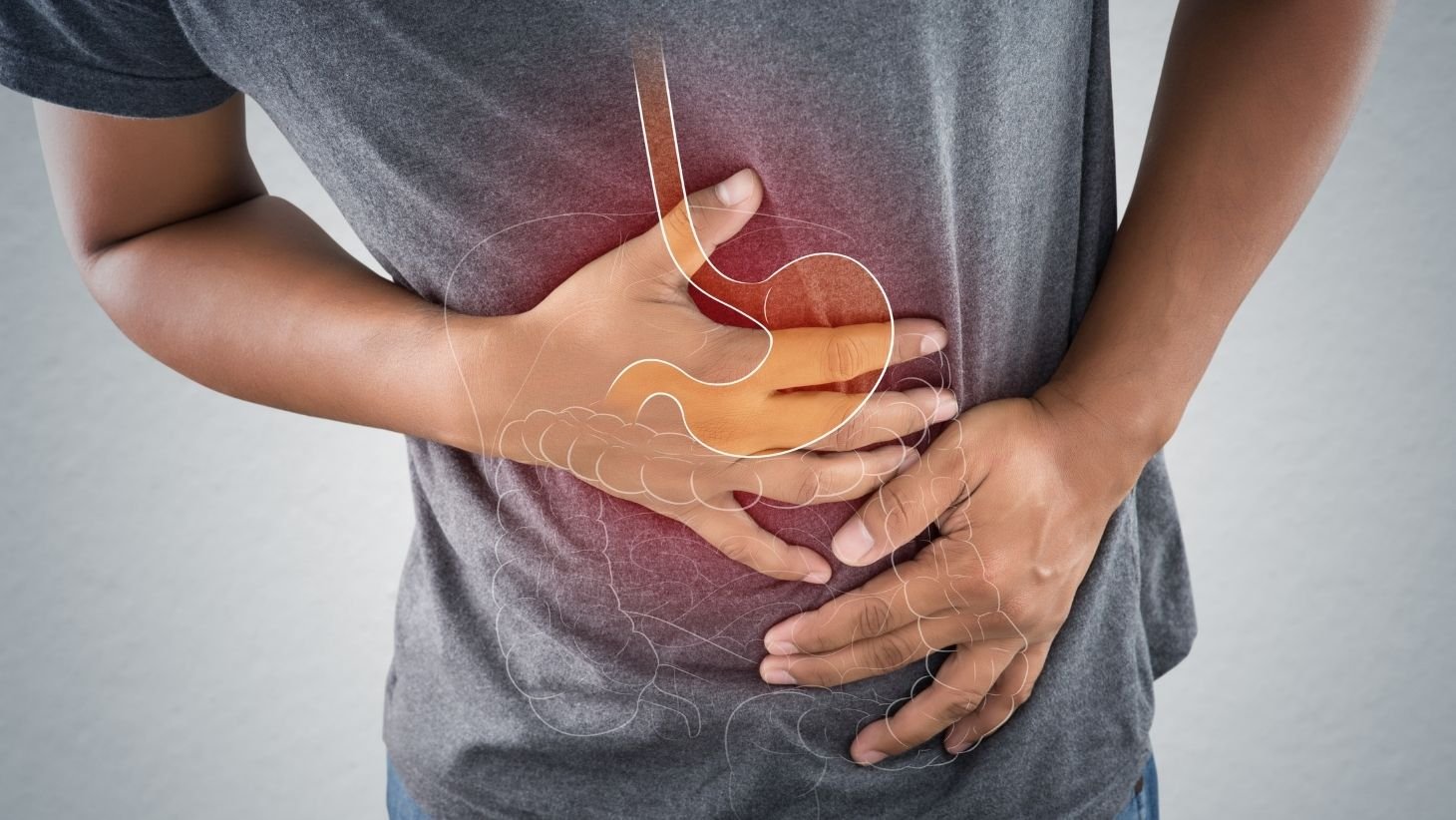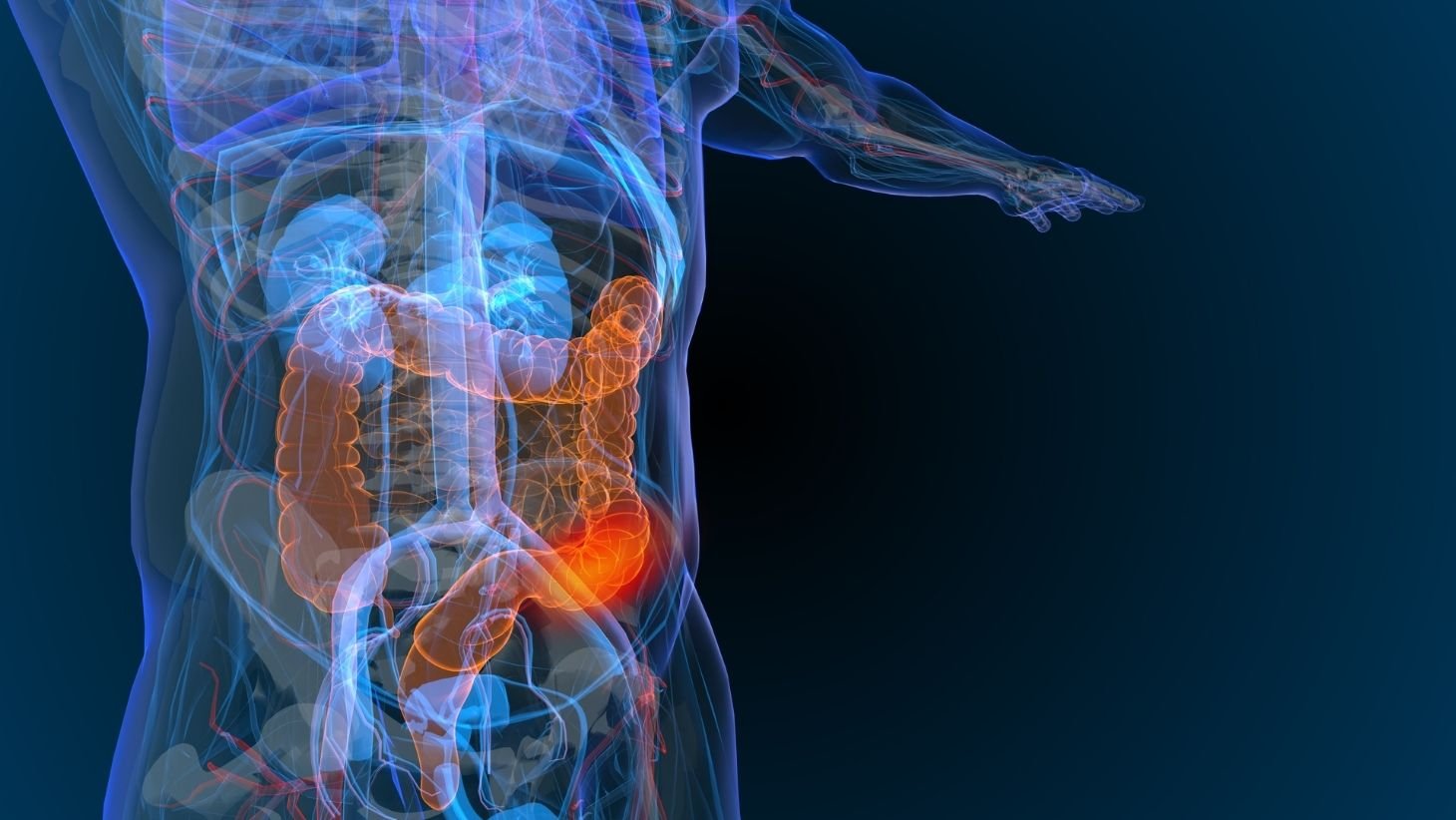Stomach cancer, sometimes called gastric cancer, isn’t necessarily what you think of first when experiencing some of the signs and symptoms. That’s why it’s not always found in the early stages. At what point do you talk to your doctor about whether you should be evaluated for stomach cancer or another gastric condition that’s causing you to be uncomfortable? Are you at risk for developing stomach cancer in the future?
Am I at Risk for Developing Stomach Cancer?
There are some people at a higher risk for developing stomach cancer due to other medical conditions such as:
- H Pylori infection
- Gastritis
- Previous surgery for ulcers
- Previous Epstein-Barr infection
- Pernicious anemia or growths in your stomach called polyps
And there are things we eat or habits that can cause you to be more likely to develop stomach cancer such as:
- Being overweight
- Eating a diet high in smoked, pickled, salty foods or highly processed foods
- Smoking
- Drinking alcohol
Age is also a factor. As you get older you’re more likely to develop stomach cancer, as well as other types of cancer. It seems to develop more often in men, and in people with Type A blood.
How Do You Find Out If It’s Stomach Cancer?
Stomach cancer can be detected early if brought to a physician's attention. This is often not the case, as the symptoms of gastric cancer seem like 'normal' occurrences after mealtimes or when food may not agree with you. If you have many risk factors or have symptoms of stomach cancer, meet with your doctor to discuss appropriate screening. They may do blood tests, endoscopy, or scans to see if any growth has developed.
Surprising Signs and Symptoms of Stomach Cancer
Symptoms of stomach cancer can seem like many other common stomach problems. While these are easy to shrug off, these must be analyzed, particularly if they are long-term issues. Stomach cancer occurs when the stomach begins to form cancer cells that multiply and grow out of control. This often happens over several years, and you may not initially show symptoms. Many people experience indigestion or heartburn from time to time, so consider other lifestyle factors that may contribute to the symptoms as well.
Some common symptoms of stomach cancer include:
- Loss or change in appetite
- Changes in weight
- Frequent heartburn or indigestion
- Cramping
- Fullness
- Diarrhea or constipation, with or without blood
- Discomfort or pain in the abdomen area
- Nausea or vomiting, with or without blood
- Swelling in the abdominal area
- Changes in swallowing
- Exhaustion or weakness
- Jaundice (yelling of the skin and eyes)
If you have been experiencing some of these symptoms, begin with a food diary to identify what may be triggering painful conditions like heartburn, stomach cramps, nausea, or other discomforts. In the journal, track the foods you eat, things you drink, and how you’re feeling afterward. When experiencing symptoms describe the severity on a scale of 1 to 10 with 10 being very intense pain and 1 being somewhat uncomfortable.
Things like irritable bowel syndrome, food allergies, and acid reflux can contribute to many of these symptoms. Reviewing the journal with your doctor after having some bouts of pain or nausea can help them identify things you should eliminate from your diet to see if it helps you feel better. If changes to your diet don’t help, they may request some tests be run to narrow down the cause.
How Is Stomach Cancer Treated?
If you have been diagnosed with stomach cancer, treatment will depend on the location, size, and stage. An oncologist will create a treatment plan that takes these things and your overall health into consideration. Common treatments for stomach cancer can include surgery, chemotherapy, radiation therapy, immunotherapy, and targeted therapy. The right combination of these will be decided by your cancer care team.
Other Cancers Can Start in the Stomach
There are a few other types of cancer that can start in the stomach but are not considered stomach cancer, including:
Gastrointestinal Stromal Tumors (GISTs)
GISTS are not a common form of stomach cancer and start in the beginning stages of cell formation. They can start anywhere in the digestive tract but more often develop in the stomach.
Neuroendocrine Tumors (NETs)
These cells begin in the stomach and mimic nerve and hormone cells. They are slow-growing cells and do not spread to other organs, but they can spread rapidly.
Lymphomas
Lymphocytes are immune system cells, and cancerous lymphomas can develop here. Oftentimes they will begin in other parts of the body, but they can develop in the stomach wall.
Gastric Cancer Care at Willamette Valley Cancer Institute
If you are experiencing symptoms of stomach cancer on a regular basis or if they have been present for more than a few days, it may be time to visit your primary care physician. Additionally, if you have severe stomach pain, bleeding, or quality of life concerns, schedule an appointment. They can run some tests to see what’s causing the symptoms. In many cases, it can be something simple like acid reflux or another non-cancerous condition. If you get diagnosed with stomach cancer, you’ll need to select a medical oncologist who can help create your treatment plan.
The specialists at Willamette Valley Cancer Institute provide treatment plans specific to each patient’s needs. We also provide second opinions on treatment plans. Request an appointment with the location closest to you in the Willamette Valley area, including Albany, Corvallis, Eugene, Florence, Lincoln City, and Newport, Oregon.



